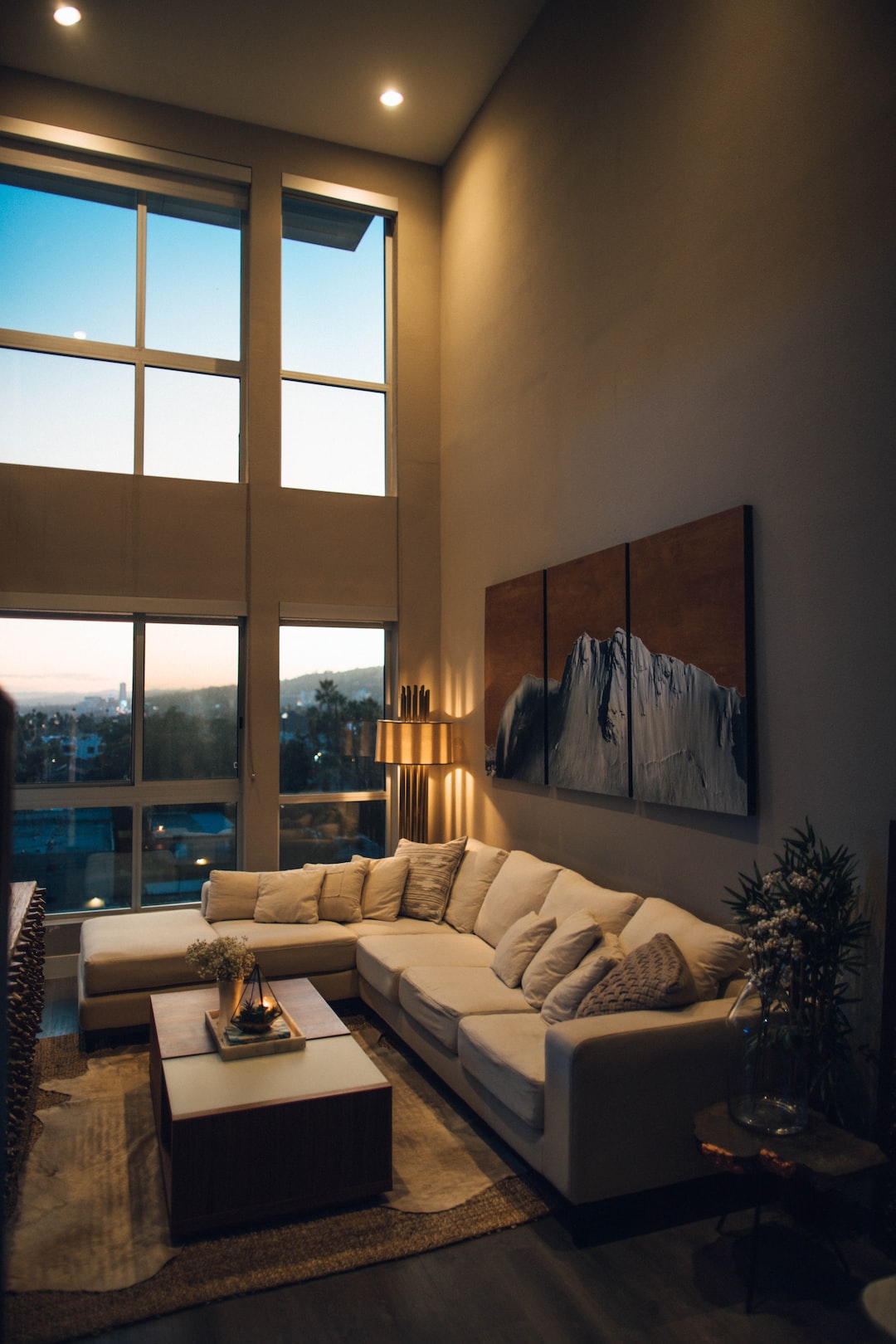Furniture for Small Spaces: Maximizing Functionality in Compact Homes
In today’s world, where living spaces are shrinking, finding ways to maximize functionality in compact homes has become a necessity. Whether you live in a studio apartment, a tiny house, or a small urban apartment, the right furniture can make a significant difference in how you use your space. This blog post will delve into the world of furniture for small spaces and explore various options for maximizing functionality without compromising on style.
1. Multi-functional furniture:
One of the most effective ways to maximize functionality in small spaces is by investing in multi-functional furniture. Pieces like sofa beds, foldable tables, and storage ottomans can perform multiple roles, allowing you to make the most of your limited space. For example, a sofa bed can serve as a comfortable seating option during the day and transform into a cozy bed at night. Similarly, a foldable table can be utilized as a dining table when needed and easily folded away to create more floor space.
2. Space-saving storage solutions:
When it comes to small spaces, storage is crucial. Look for furniture that offers hidden storage options. For instance, a coffee table with built-in drawers or shelves can help you keep your essentials organized while simultaneously serving its primary purpose. Floating shelves and wall-mounted cabinets are also excellent alternatives for utilizing vertical space and keeping clutter at bay.
3. Modular furniture:
Modular furniture is another fantastic option for small spaces. These pieces are designed to be flexible and customizable, allowing you to adapt them to your changing needs. For instance, a modular sectional sofa can be rearranged to fit different layouts, making it ideal for flexible living spaces. Additionally, modular shelving systems can be adjusted and expanded as required, offering ample storage without occupying too much floor space.
4. Lightweight and space-conscious design:
When selecting furniture for small spaces, it is essential to opt for lightweight and space-conscious designs. Bulky and heavy furniture can visually overpower a small room, making it feel even more cramped. Choose sleek and streamlined pieces that occupy less visual space while still offering functionality. Opting for furniture with legs also helps create an illusion of openness.
5. Utilizing vertical space:
Don’t forget to make use of vertical space when planning your furniture layout. Tall bookshelves, floor-to-ceiling cabinets, and wall-mounted storage solutions can help you maximize storage while ensuring your floor remains clutter-free. Vertical space utilization not only opens up the room visually but also provides ample opportunities for displaying decor and personal touches.
6. Incorporating multi-purpose room dividers:
In small spaces, room dividers can be particularly useful in creating distinct zones while maintaining an open feel. Instead of traditional fixed dividers, consider using multi-purpose dividers like bookshelves or folding screens. These items provide privacy when needed while simultaneously serving as additional storage or display options.
7. Opting for convertible or expandable furniture:
Convertible and expandable furniture pieces are lifesavers for small spaces. Dining tables that can extend to accommodate more guests, wall beds that fold up to reveal additional seating or work areas, and even desks that can be transformed into full-length mirrors are just a few examples of how these can work wonders in maximizing functionality.
In conclusion, furniture for small spaces doesn’t mean compromising on style or comfort. With the right selection of multi-functional, space-saving, and flexible furniture, you can transform your compact home into a functional and inviting oasis. So embrace creativity, think outside the box, and make the most of every square inch. After all, small spaces may require a little more effort, but they can offer a lot more charm and character.

